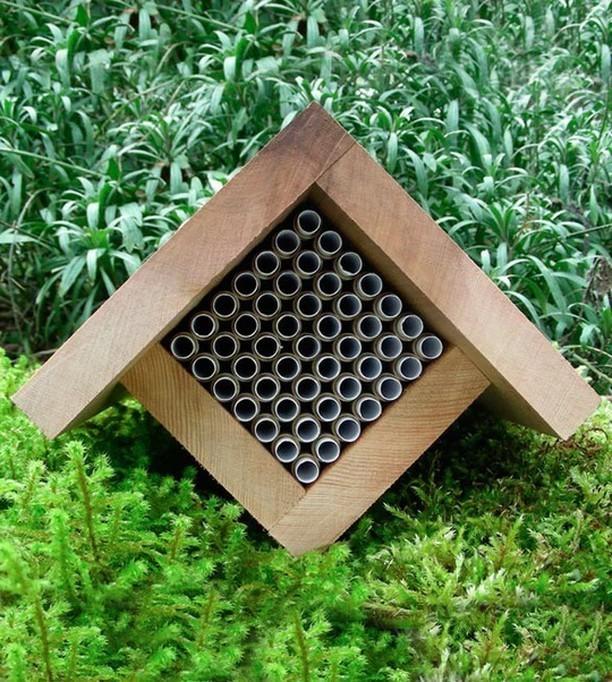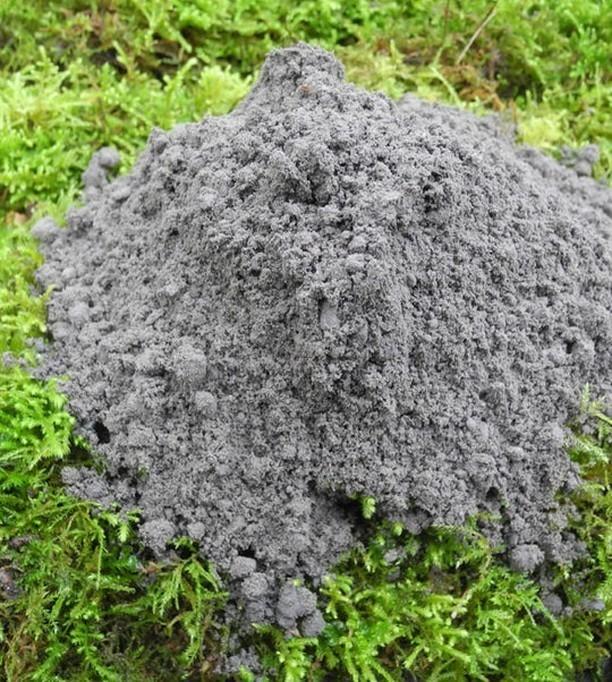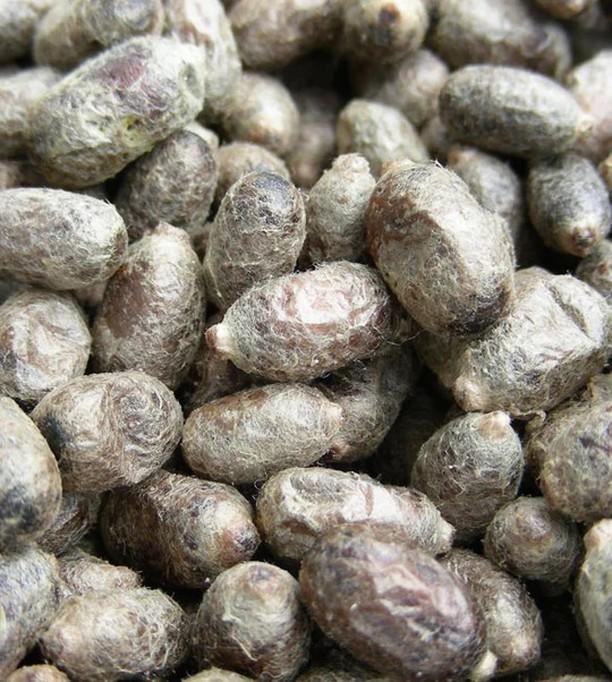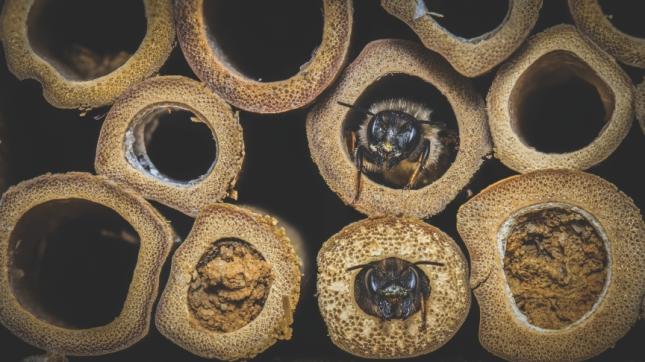Powerful Pollinators and Much More
Mason Bees are incredible native pollinators.
Not only are they responsible for pollinating 90% of plants, they do so in a way that supports local ecosystems. This is a critical aspect of why native species are so important to support and nurture in our homes and within our communities. If we support the native bee species, we support early Spring blooms, we support early nesting bird species and future generations, and the ripples continue. We are hosting a Mason Bee program this Spring 2023 as a way to facilitate these connections in our community.
There are three important elements to consider when thinking about hosting Mason Bees.
1. Can you mount the house somewhere where it will receive morning sunlight? Sun allows the bees to warm up and get to work in the morning.
2. Can you provide consistent moist clay within 30m of the Mason Bee house? The bees need this mud to seal their nest holes.
3. Will there be a source of trees or flowers blooming within 300ft (91.4m)? This can be a field of dandelions, fruit trees, or a flower bed of early Spring blooms.
If the area you have in mind meets these conditions, then you're ready to host Mason Bees!
Based on the recommendations we have received from our vendor, we are suggesting that each interested participant purchase a Mason Bee House, Mason Bee Tubes, Clay, and 10 Mason Bee Cocoons.* This "starter pack" will provide you with the tools you will need to start hosting Mason Bees.
* For those of you that already have a house, tubes, and access to clay-rich mud, you can certainly purchase cocoons from us. The retail price for 10 Mason Bee cocoons is $24.84 (tax included)
 Mason Bee House and Tubes - this is where the Mason Bees will leave and return to while they're pollinating and preparing during the nesting season. These boxes made of salvaged Western Red Cedar. It can accommodate 50 tubes.
Mason Bee House and Tubes - this is where the Mason Bees will leave and return to while they're pollinating and preparing during the nesting season. These boxes made of salvaged Western Red Cedar. It can accommodate 50 tubes.
 Mason Bee Clay - Mason bees use the clay to pack into the nesting tubes and separate pockets of pollen and cocoons from one another. It's important that the mud stay wet throughout the nesting season (~6-8 weeks from time of emergence from cocoons) "About 20 feet from your bee house, dig a shovel sized hole and add the package of clay to the south side of the hole near the bottom then lightly mix it with your native soil and moisten" - Bee Canadian
Mason Bee Clay - Mason bees use the clay to pack into the nesting tubes and separate pockets of pollen and cocoons from one another. It's important that the mud stay wet throughout the nesting season (~6-8 weeks from time of emergence from cocoons) "About 20 feet from your bee house, dig a shovel sized hole and add the package of clay to the south side of the hole near the bottom then lightly mix it with your native soil and moisten" - Bee Canadian
 Mason Bee Cocoons - Cocoons contain dormant Mason Bees. These cocoons will be placed inside the house for the beginning of May and will hatch from the cocoons when they are ready and start pollinating!
Mason Bee Cocoons - Cocoons contain dormant Mason Bees. These cocoons will be placed inside the house for the beginning of May and will hatch from the cocoons when they are ready and start pollinating!
If you're interested in learning more about Mason Bees and other pollinators, listen to the podcast!
We will be accepting orders for Cocoons and/or Mason Bee Kits until March 17th, 2023. Let us know if you're interested in participating by calling us 519-650-9800, emailing us [email protected] or sending us a message on social media @wildbirdsunlimited_kitchener @wbukitchener
Pollinators: Monarchs and Mason Bees
This episode is all about pollinators. John and Brian are discussing monarch butterflies and mason bees. These critters are so important to your backyard; they don’t just help your plants, but the birds as well. What’s bugging you? We hope it’s not the pollinators!
Click here to listen to the episode.







